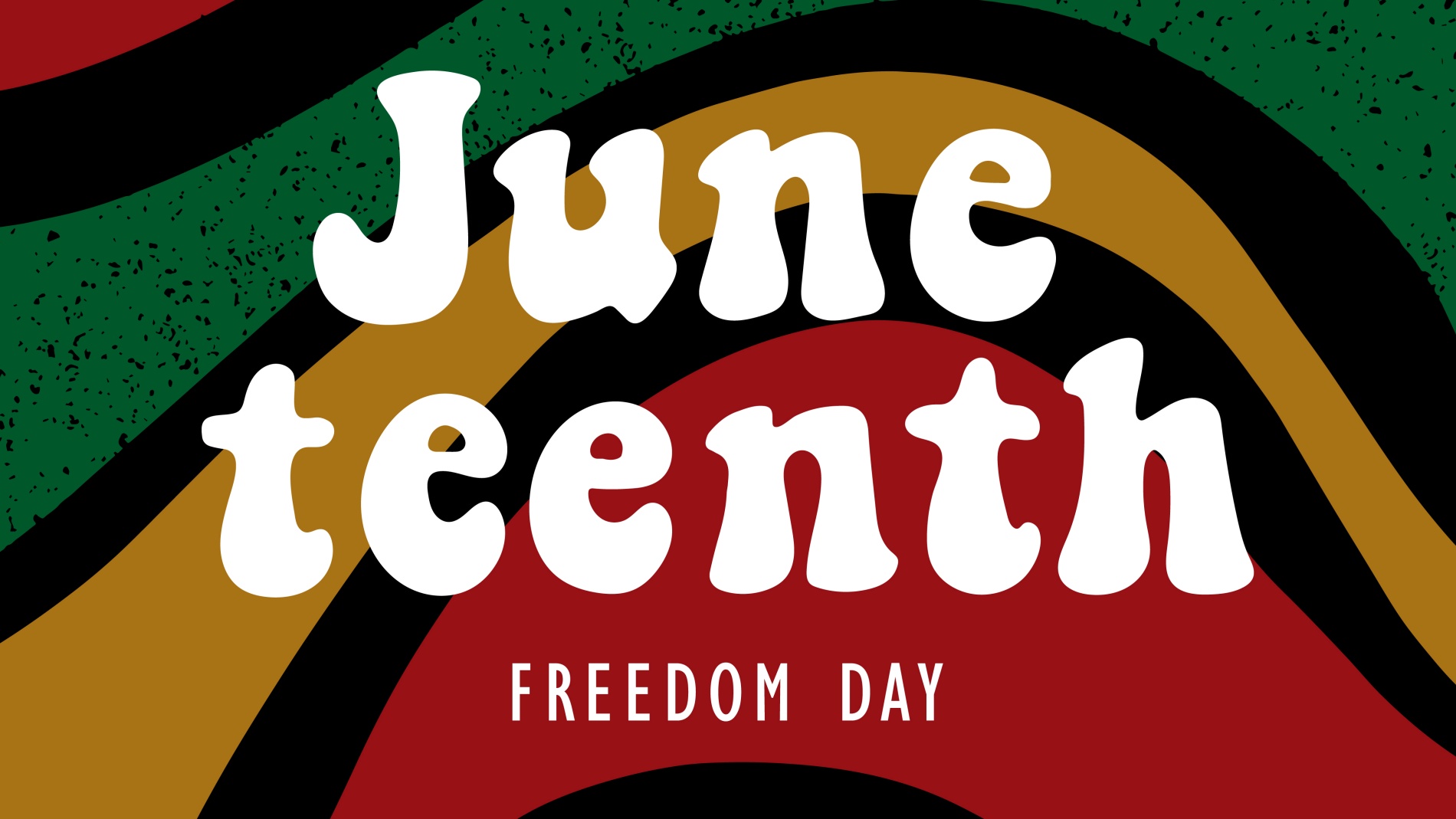As Juneteenth approaches, understanding its significance has never been more important. Here’s how you can honor this pivotal day in American history amid changing federal policies.
A guide to what the Juneteenth holiday is and how to celebrate it

Key Takeaways:
- Juneteenth commemorates the emancipation of enslaved people in Texas 160 years ago.
- Designated a federal holiday in 2021, Juneteenth’s recognition has expanded nationwide.
- Current federal policies have impacted official celebrations, but community observances continue.
- There is no single way to celebrate Juneteenth; both festive and reflective observances are valued.
- Non-Black Americans are invited to embrace Juneteenth as part of the nation’s collective history.
Introduction
Juneteenth, a portmanteau of “June” and “nineteenth,” marks a significant milestone in American history—the emancipation of enslaved people in Texas 160 years ago. As the holiday approaches, many are seeking to understand its roots and how to celebrate it, especially amid the changing political landscape.
The Historical Significance of Juneteenth
“It was 160 years ago that enslaved people in Galveston, Texas, learned they had been freed—after the Civil War’s end and two years after President Abraham Lincoln’s Emancipation Proclamation.”
Juneteenth originated on June 19, 1865, when Union soldiers arrived in Galveston to announce that the Civil War had ended and the enslaved were now free. This pivotal moment came years after the Emancipation Proclamation, highlighting the delayed freedom experienced by many.
Juneteenth Becomes a Federal Holiday
In 2021, President Joe Biden designated Juneteenth as a federal holiday, expanding its recognition beyond Black America. This historic move acknowledged the day’s importance and encouraged nationwide observance.
Navigating Celebrations Under New Federal Policies
This year marks the first Juneteenth under President Donald Trump’s second administration, which has banned diversity, equity, and inclusion (DEI) initiatives in the federal government. These policies have included removing Black American history content from federal websites and discouraging some federal agencies from recognizing racial heritage celebrations.
Despite this, Marc Morial, president and CEO of the National Urban League, encourages people to celebrate unabated. “I don’t think anyone should be intimidated or obligated into not celebrating the day,” he said. “It would be absolutely reprehensible.”
Ways to Celebrate Juneteenth
Is there a ‘right’ way to celebrate Juneteenth?
There is no singular way to honor Juneteenth. Traditionally rooted in cookouts and picnics, festivities allowed for joyous reunions among formerly enslaved families. Today, celebrations range from street festivals, fairs, and concerts to community service and educational panels.
“The most important thing everyone should do is be able to quickly answer the question ‘What is Juneteenth?'” Morial emphasized.
Inclusivity and Embracing Juneteenth
What if you’ve never celebrated Juneteenth?
Dr. David Anderson, a Black pastor and CEO of Gracism Global, acknowledges that many, including African Americans, are new to Juneteenth celebrations. “I think many folks haven’t known about it—who are even my color as an African American male,” he noted.
Dr. Karida Brown, a sociology professor at Emory University, encourages everyone to embrace Juneteenth. “It absolutely is your history. It absolutely is a part of your experience,” she said. “Isn’t this all of our history? The good, the bad, the ugly—the story of emancipation and freedom for your Black brothers and sisters under the Constitution of the law.”
Symbols, Traditions, and Commercialization
Juneteenth is rich with symbols and traditions. The red, black, and green Pan-African flag is often displayed, representing bloodshed, people, and the land of Africa, respectively. The Juneteenth flag, created in 1997, features red, white, and blue colors with a central star, signifying Texas—the birthplace of Juneteenth—and the freedom of all Americans.
Culinary traditions include red-colored foods and drinks, symbolizing the blood and sacrifice of ancestors. Barbecued meats, watermelon, red velvet cake, and beverages like fruit punch are common staples at Juneteenth gatherings.
While commercialization has led to the sale of Juneteenth merchandise, there is a call to support Black-owned businesses when purchasing celebratory items. “I would also encourage people to go online and look for an African American vendor,” Morial suggested.
Conclusion
Whether through festive celebrations or reflective observance, Juneteenth offers an opportunity for all Americans to honor a crucial part of the nation’s history. Amid political challenges, the spirit of Juneteenth endures, reminding us of the resilience and unity that define the quest for freedom.
As Alan Freeman, a comedian and organizer of Juneteenth events in Galveston, expressed, the holiday is a time for communal joy and recognition. “You know how at Christmas people will say ‘Merry Christmas’ to each other and not even know each other?” he said. “This is the same way.”











